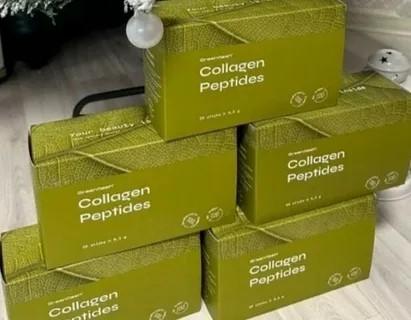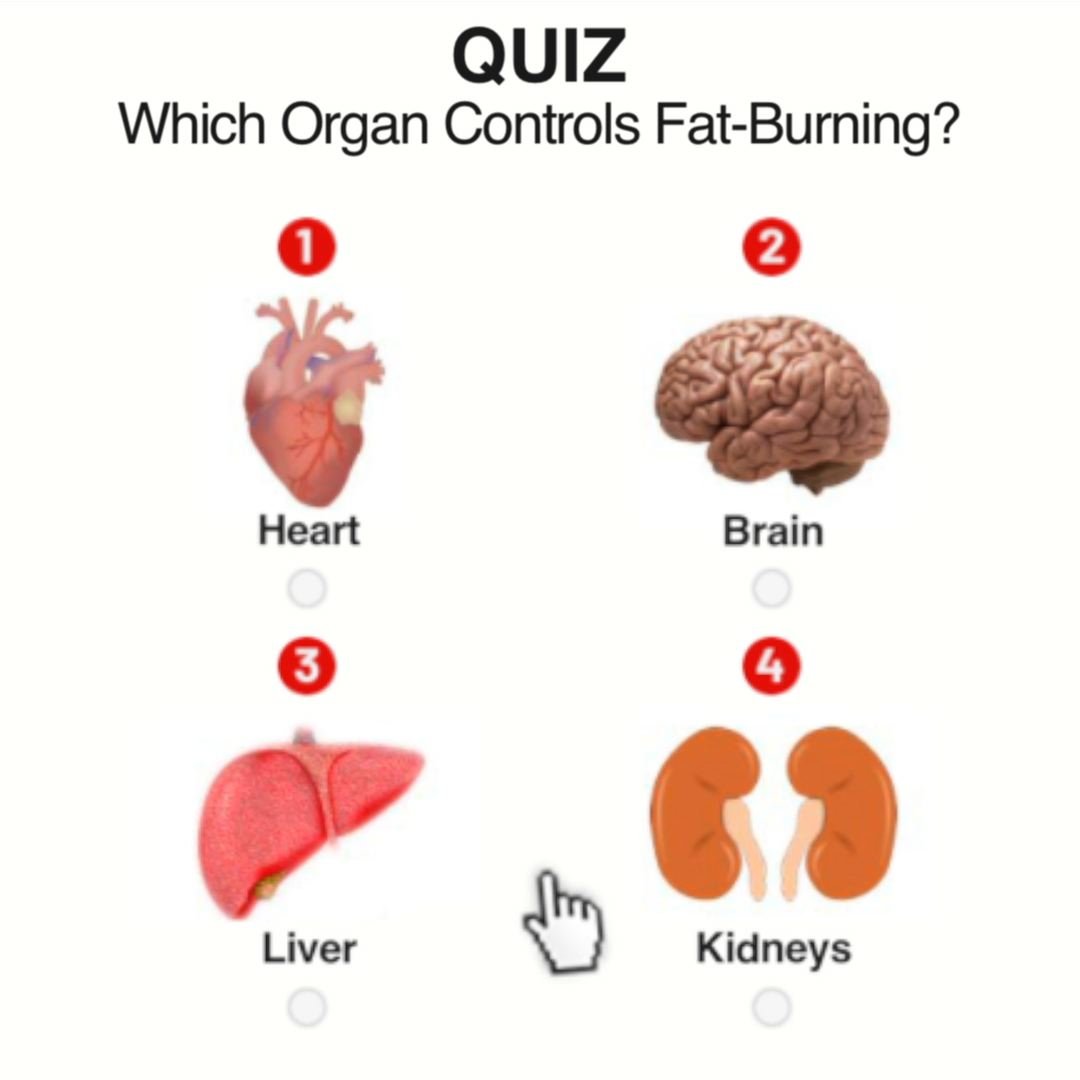Global Collagen Peptide Market Set to Soar Through 2035 Driven
The global collagen peptide market is poised for significant expansion, estimated at USD 789.7 million in 2025 and forecasted to reach USD 1,383.1 million by 2035, growing at a steady CAGR of 5.7%. This growth reflects a rising consumer focus on health and wellness, the expansion of nutraceutical applications, and increasing preference for marine- and poultry-based collagen sources, valued for their superior bioavailability and sustainable sourcing.
Key Market Insights and Statistics
Dry collagen continues to dominate the form segment, capturing 73% of the market in 2025 due to its stability, ease of transportation, and extended shelf life. Nutritional products, including protein bars, supplements, and functional beverages, lead the application segment with 42% market share, reflecting consumers’ growing interest in joint health, skin elasticity, and muscle repair.
Full Market Report available for delivery. For purchase or customization, please request here:
https://www.futuremarketinsights.com/reports/sample/rep-gb-14891
North America, particularly the USA, emerges as the fastest-growing regional market, expanding at a CAGR of 5.8%. Japan and the UK follow closely, growing at 5.1% and 4.9% respectively, while Germany sees steady adoption at 4.7%, supported by its strong pharmaceutical and nutraceutical sectors.
Market Drivers: Health, Wellness, and Functional Benefits
The collagen peptide market is experiencing robust growth due to the rising incorporation of peptides in functional foods and beverages. These ingredients support a range of health benefits, including improved joint health, skin elasticity, and muscle recovery. Nutritional products remain the primary growth driver, as consumers increasingly seek protein-rich, clean-label solutions that promote overall wellness.
Marine- and poultry-based collagen sources are gaining traction, projected to hold 19% of the market by 2035. Their popularity stems from enhanced bioavailability, sustainable sourcing, and alignment with dietary preferences that limit bovine and porcine proteins. While bovine collagen maintains dominant volume, porcine sources face adoption challenges in regions with dietary restrictions.
Form Innovations: Dry and Liquid Collagen
Dry collagen leads the market, offering superior stability for supplements, powders, and nutritional bars. Its extended shelf life and logistical advantages make it a preferred choice for manufacturers. Meanwhile, liquid collagen formulations are increasingly incorporated into ready-to-drink nutraceutical beverages, despite storage challenges, offering convenience and functional benefits for health-conscious consumers.
Regional Market Highlights
United States: The USA dominates the collagen peptide market, benefiting from a mature nutraceutical sector, widespread supplement consumption, and strong consumer awareness of health and anti-aging benefits. Growth is bolstered by incorporation into functional foods, protein bars, and ready-to-drink beverages, with a projected CAGR of 5.8% from 2025 to 2035.
UK: The market in the UK is projected to grow at 4.9% CAGR, driven by consumers’ focus on beauty, skin health, and sports nutrition. E-commerce expansion has improved accessibility, while clean-label trends and regulatory support encourage the adoption of collagen peptides in nutraceutical and functional food products.
Germany: German consumers value scientifically validated products, resulting in steady adoption of collagen peptides for joint care and beauty applications. Strong R&D capabilities support innovation, with the country’s nutraceutical and pharmaceutical sectors maintaining growth at a CAGR of 4.7%.
France: Collagen peptides in France are gaining popularity in beauty and anti-aging formulations, with marine-based collagen leading the trend. Rising consumer preference for sustainably sourced and natural ingredients drives market growth at 4.8% CAGR. Collaborative efforts between food, pharma, and beauty companies further accelerate product innovation.
Japan: Japanese consumers emphasize beauty, youthfulness, and healthy aging, fueling demand for collagen peptides in functional beverages, supplements, and skincare products. Marine collagen remains highly preferred due to superior bioavailability, and ready-to-drink formulations enhance convenience, supporting a projected CAGR of 5.1%.
Market Challenges and Opportunities
Despite strong growth, the collagen peptide market faces certain hurdles. High production costs and resource constraints limit scalability for small and regional players. Cultural and dietary restrictions hinder adoption of bovine and porcine sources in several countries. However, opportunities abound in marine and poultry collagen segments, functional foods, nutraceuticals, cosmeceuticals, and sports nutrition markets.
Leading Players Driving Market Expansion
The market is moderately consolidated, with tier-one players such as Darling Ingredients Inc., Gelita AG, and Nitta Gelatin Inc. dominating through advanced R&D, diversified sourcing, and global supply chains. These companies focus on product innovation, clinical research validation, and multifunctional collagen peptide formulations for beauty, nutraceutical, and sports nutrition applications.
Tier-two and regional players are expanding niche offerings, particularly in marine- and poultry-based collagen, catering to localized demand and dietary preferences. They leverage partnerships and sustainable sourcing strategies to compete effectively with global leaders. Strategic acquisitions, innovative extraction technologies, and premium positioning remain key tactics for market expansion.
Request Customization for Your Unique Needs:
https://www.futuremarketinsights.com/customization-available/rep-gb-14891
Recent market developments highlight the sector’s momentum. In May 2025, Darling Ingredients partnered with Tessenderlo Group to combine collagen and gelatin operations into NextidaTM, aiming to accelerate growth in the collagen-based health, wellness, and nutrition sector. Such strategic collaborations signal confidence in rising global demand and the importance of innovative approaches in driving market leadership.
Conclusion: A Health-Focused and Sustainable Future
The global collagen peptide market is positioned for long-term growth, fueled by health-conscious consumers, nutraceutical adoption, and the rise of sustainable and bioavailable protein sources. As dry collagen continues to dominate and liquid formulations gain traction, manufacturers are innovating to meet evolving consumer demands across supplements, functional foods, and cosmeceutical applications.
With established leaders investing in R&D, sustainability, and clinical validation, and emerging players expanding niche offerings, the collagen peptide market is set to redefine global wellness trends. From anti-aging skincare to joint health supplements and ready-to-drink beverages, collagen peptides are not only enhancing human health but also supporting sustainable and ethical protein sourcing practices worldwide.
Top Collagen Peptide Suppliers: Darling Ingredients Inc., Gelita AG, Nitta Gelatin Inc., Rousselot, Weishardt Group, PB Leiner, Junca Gelatins, Tessenderlo Group, Norland Products, and PB Gelatins.
Future Market Insights Inc.
Christiana Corporate, 200 Continental Drive,
Suite 401, Newark, Delaware – 19713, USA
T: +1-845-579-5705
For Sales Enquiries: sales@futuremarketinsights.com
Website: https://www.futuremarketinsights.com
Future Market Insights, Inc. (ESOMAR certified, recipient of the Stevie Award, and a member of the Greater New York Chamber of Commerce) offers profound insights into the driving factors that are boosting demand in the market. FMI stands as the leading global provider of market intelligence, advisory services, consulting, and events for the Packaging, Food and Beverage, Consumer Technology, Healthcare, Industrial, and Chemicals markets. With a vast team of 400 analysts worldwide, FMI provides global, regional, and local expertise on diverse domains and industry trends across more than 110 countries.
This release was published on openPR.
Source link
Share this article:











